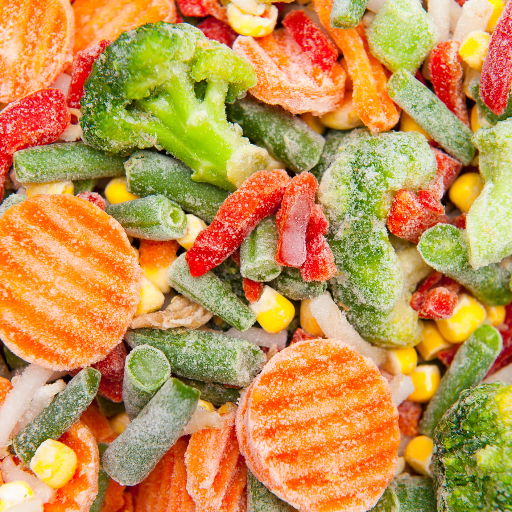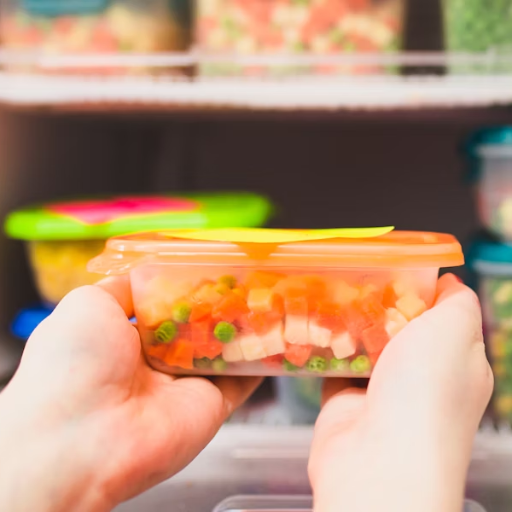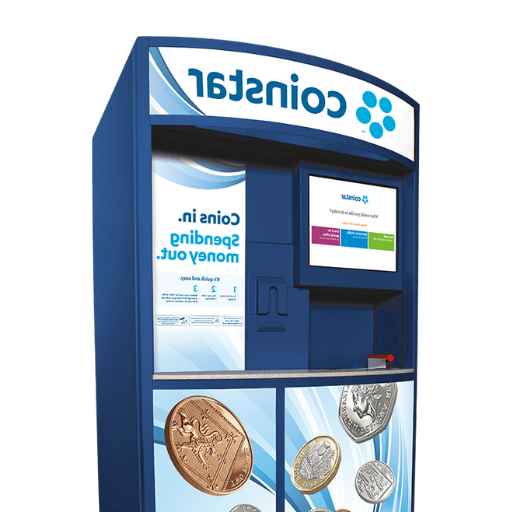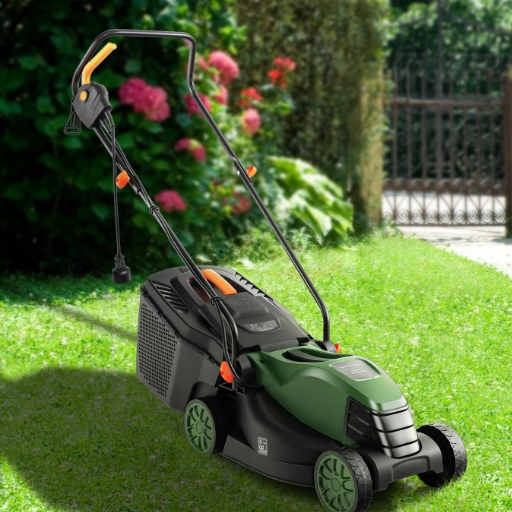The majority of consumers must weigh the pros and cons of fresh and frozen vegetables while grocery shopping. Nutrition before convenience and cost as much as our spending habits may shift it is necessary to establish what can be termed as processed food, and its effects on our food systems. This blog seeks to explore the differences in fresh and frozen varieties of vegetables. Do freezing processes change the nutritional value of vegetables? We will also look into how useful incorporating various types of frozen vegetables to everyday meals can be. This paper concludes with a constructive engagement in determining the leeway between consumer choices and their consequences on health and lifestyle.
What is Processed Food and How Does It Relate to Frozen Veggies?

Knowledge of Classification of Food Processing Techniques
The term processed food refers to any food that has not remained in its natural state due to various reasons such as preservatives, canning, freezing or drying. There exists a spectrum of processing which can vary from mild to extreme and can be performed on any food item. Frozen vegetables are categorized in the list of minimally processed vegetables because raw vegetables are harvested, cleaned, blanched as well as frozen soon after they’re fresher and more nutritious. This method is effective in prolonging the time these items can be kept. Hence, freezing can be regarded as a method of processing but frozen vegetables are still rich in nutrients and offer almost the same benefits as fresh vegetables do.
Do Frozen Vegetables Belong To Processed Foods As Well?
Yes, frozen vegetables belong to the category of processed foods, mainly under the category of minimally processed foods. Though the process does comprise washing, blanching and freezing, it is indeed aimed at preserving the vegetables’ freshness and core nutritional values. Similar to the frozen vegetables, frozen foods or rather processed foods are also healthy as they are less processed than other foods.
Fried Facts and Curse of Processed Foods
A widespread khyps which includes to processed foods is that the harmless received ingredients are without exception. Processing facilities that are capable of treating freezing bones – memories in the freezing process even slightly deteriorate the nutrition iy bo – vegetables. That is why, processed frozen food varieties of vegetables can be included even as fresh.
Are Frozen Vegetables Healthy Compared to Fresh Ones?

Nutritional Value of Frozen vs. Fresh Vegetables: A Review
It is said that most frozen vegetables, if not all, have very similar nutritional value as fresh ones. As frozen vegetables are picked up before long after harvest, quite a number of vitamins and minerals are preserved. The freezing process further enables the nutrition content to remain which would be otherwise lost over time in fresh food. Even though some heat-sensitive nutrients will experience minimal losses during the blanching process, the nutritional value remains intact. Because of this, frozen vegetables are regarded as a healthy and set of nutrients which is similar to that of fresh vegetables especially if the situation is that some fresh vegetables are obtainable.
The Interactions Between Frozen Preserved Vegetables and Nutrients
The freezing process in the case of vegetables primarily works towards the maintenance of their nutrients, as well as increase their storage. The harvesting and rapid freezing of vegetables tends to help maintain most of the vitamins and minerals in vegetables and reduce nutrient degradation over time. Though there may be some slight loss of certain heat-soluble nutrients through blanching, the overall loss is insignificant. For an even more nutrient-rich alternative, one may want to consider frozen vegetables instead of fresh ones, especially when the fresh ones are out of season or difficult to obtain.
Is it Beneficial to Include Frozen Vegetables in a Healthy Diet?
Yes, frozen vegetables are healthy for a balanced diet. They are practically the same in terms of nutrition as fresh vegetables and are also a useful way of incorporating necessary vitamins and minerals into one’s diet especially when fresh vegetables are out of stock. Using these in food assures that one is able to stay on a nutrient rich diet all throughout the year.
How Does the Freezing Process Work for Vegetables?

Steps in Freezing Vegetables For Storage
The preservation of vegetables through freezing also has various processes intended to maintain the quality of the vegetables when frozen. For starters, the vegetables are picked when mature and have the most nutrients. Afterward, they undergo a process called blanching, which involves quickly boiling the vegetables followed by immersion in ice water; this process reduces enzymatic activity responsible for spoilage. Immediately after this, vegetables are kept in a freezer with temperatures less than -18°C (0°F). The high cold speed also avoids the formation of large crystals which would otherwise rupture the cell membranes and spoil the texture of the vegetables. Following these measures, frozen vegetables can efficiently restore much of their original taste, color, and nutrients, and thus be used throughout the year without the need for fresh vegetables.(Recommended products:vegetable processing machine)
Importance of Peak Ripeness in Frozen Vegetables
Another practice that assists in fetching the highest quality of frozen vegetables is harvesting vegetables at peak maturity. The frozen produce is very rich in vitamins, minerals, and taste due to the fact that they are harvested at the most favorable time before the freezing process. However, if they are all harvested long before they mature, quite the reverse happens. If the vegetables are harvested when they are mature and the ramage successfully impregnates them with goodness, then the freezing process will retain their nutritional benefits; hence, they can be used in any recipe.
Do Frozen Vegetables Contain Preservatives or Additives?

What Can The Ingredient List Tell You?
Frozen vegetables generally do not include preservatives or additives. The very process of freezing serves as a good natural preserver, as it eliminates the need to add substances to the vegetables which will increase their safety and quality. Caution is advised to look at the ingredient list as well but in most cases frozen vegetables are 100% vegetables. In this regard, those who want to cut off extra components from their diet will benefit from eating these vegetables.
Influence of Preservatives on Human Health
Certain substances are designated as preservatives that are added to food products in an attempt to retard its deterioration and increase its life span. In as much as a few preservatives have their negatives particularly some allergic reactions or sensitivity of some individuals to them, such does not normally apply to frozen vegetables as they do not incorporate preservatives in the first place because the fresh nature is retained through the freezing method. Such makes frozen vegetables a more preferable alternative for those who want to limit the amount of preservatives they consume.
Canned Vegetables and Frozen Foods – A Comparison
Vegetables in their frozen state are usually better than their canned counterparts. Both of them are useful, but frozen veggies come in handy since they were picked and frozen while ripe. Canned veggies may have more preservative and salt content which is not good for health. Thus, if you are looking for healthy additives free options, frozen vegetables should be the way forward.
Can Frozen Vegetables Be Part of a Healthy Diet?

Advantages of Incorporating Frozen Vegetables in a Balanced Diet
Certainly, frozen vegetables can definitely be part of a healthy diet. They provide necessary nutrients and often offer comparable levels of nutritional value. Because they are harvested and instantly frozen at their peak quality, they conveniently allow for the incorporation of a variety of vegetables in meals, aiding in fulfilling daily dietary recommendations. Moreover, frozen vegetables have no preservatives, making them a great addition to any meal without sacrificing nutritional worth.
Frozen Vegetables- Selecting the Right Ones
When searching for healthier alternatives in the frozen aisle, choose vegetables that are free from sauces or flavors as these tend to have extra calories, sodium, and preservatives added. Look out for bags stating “no added salt/sugar” so you know you are getting the most unrefined options. It is also recommended to read the ingredient list and see if there are any add-ons or superfluous substances. Choose those having just the vegetable and some water, if necessary. Lastly, look for vegetables that have been flash-frozen. Flash-freezing retains most nutrients, thus, ensuring that you are consuming the healthiest and best nutritional value vegetables.
Incorporation of Frozen Fruits and Vegetables in Daily Diet
It’s easier than it might seem to incorporate frozen fruits and vegetables in your diet on a daily basis. For a convenient dose of vitamins, toss frozen vegetables into soup, stew, or a stir fry. Treat yourself to mixed berries or fruits in a smoothie for breakfast which is nutritious and has a good amount of fibrous content. Additionally, they can be used to sprinkle over yogurt, oatmeal, or desserts. However, for convenience, including them as accompaniments of your meals. This will ensure that you are receiving important nutrients whilst avoiding the need to peel or chop them. Considering how many different kinds of frozen produce there are, one will always be able to find a healthy way to complement the rest of the meal.
Reference sources
-
EatingWell – Fresh vs. Frozen Vegetables: Are We Giving Up Nutrition for Convenience?
-
Piedmont Healthcare – Fresh vs. Frozen Produce: Which is Healthier?
-
UCLA Health – What You Need to Know About Processed Foods
Frequently Asked Questions (FAQs)
Q: Are the frozen vegetables classified as processed food?
A: Definitely, in a scientific point of view, all frozen vegetables like frozen broccoli, frozen peas e.t.c is a processed food, and sometimes, it is done until where the vegetables are still able to stay fresh. This was not true for all processed foods
Q: Are frozen vegetables as healthy as fresh food?
A: Frozen food does not really differ with the fresh food because most of them are frozen when ripe so as to keep them in a good nutritional level
Q: Do processed foods hurt healthy eating?
A: There is no such absolute as all processed foods are bad, even frozen vegetables which are minimally processed foods have a good case for healthy eating. Globalization also has its problems and it’s better to avoid foods that are ultra-processed as they have many harmful additives.
Q: Are there preservatives in frozen vegetables?
A: Many frozen vegetables have no added preservatives and preservatives have been done away with, instead they are to be frozen so that they last longer. Nutrition labels should be checked for the absence of such additives for people who do not need them.
Q: How do I introduce servings of vegetables into my meals?
A: Fresh and frozen vegetables are great for increasing your servings of vegetables. They can be easily added to many recipes for an added healthy component.
Q: What is the reason behind the freezing of vegetables and fruits?
A: Fruits and vegetables are frozen in order to preserve their healthy nutrients and also increase their shelf life. This makes them more useable and healthy when compared to fresh crops which tend to rot or go bad in a short duration.
Q: How can an individual select foods for a healthier life style?
A: Select those types of diet which have undergone minimal processing and have higher nutrient density. Such sources of diet especially fresh or frozen vegetables would help live a healthier life and avoid hyper tension as well.
Q: Do frozen vegetables contribute in providing a healthy diet?
A: Yes, frozen broccoli and frozen peas along with other vegetables can help people in a healthy diet as they are usually frozen at optimal maturation stage and are ready made.











